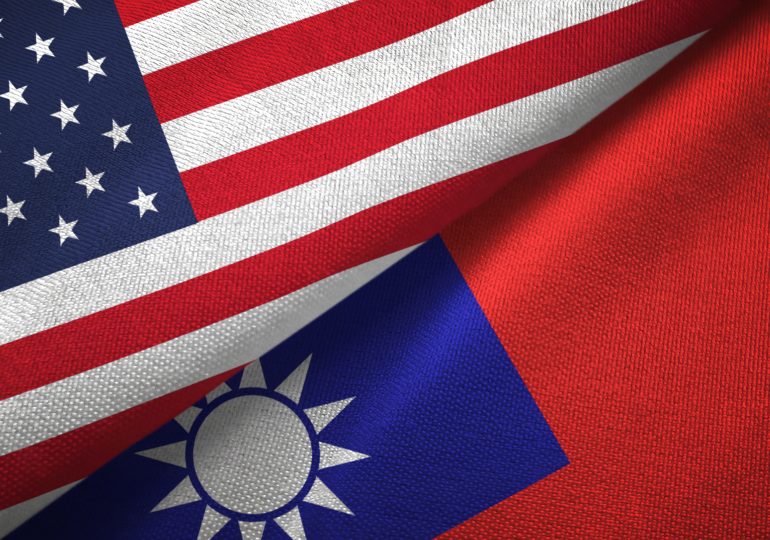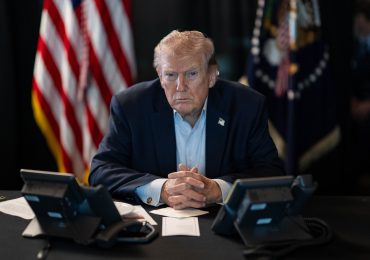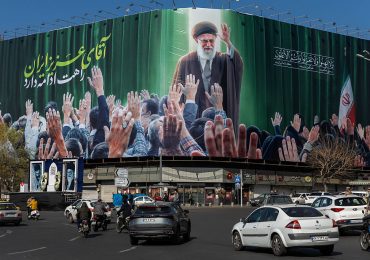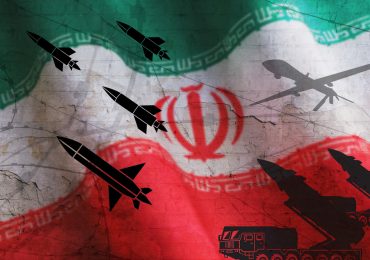The U.S. agency tasked with driving scientific research has launched a program to connect American startups with Taiwanese peers, backing the island’s ambitions to foster key players in strategic sectors like semiconductors, AI and beyond.
The National Science Foundation—one of the federal government’s biggest outfits for funding research—is for the first time sponsoring a series of workshops abroad to help U.S. startups work with their overseas counterparts. It chose to kick things off in Taiwan, which plays an increasingly pivotal role in chips and the technology supply chain. Its Ministry of Economic Affairs is backing the effort, which aims to discover and finance firms exploring “deep tech,” or cutting-edge arenas including biotechnology and quantum computing.
[time-brightcove not-tgx=”true”]
The U.S. agency intends to expand the program to U.S.-allied nations over time, NSF director Sethuraman Panchanathan told Bloomberg News. While many of history’s most successful startups—including the likes of Nvidia Corp.—were born in the U.S., the bulk of hardware innovation now centers on Asia. Taiwan Semiconductor Manufacturing Co. alone makes about 90% of the most advanced logic chips. The U.S. Commerce Department has awarded TSMC $11.6 billion of grants and loans to build three plants in Arizona, underscoring its pivotal industry role.
“You just can’t do everything on your own or within the United States. You have supply chains and other things that are global,” said Michelle Meng-Hsiung Kiang, the co-founder of Impact Science Ventures who helped the U.S. agency conceive the program. She devised the program with David Horsley, a Northeastern University professor and chip researcher. “So you want to invest in those relationships early and also in different ways, so that these startups out of the United States are able to build a very strong global supply chain as well as a global business to continue to fuel the growth of the US economy.”
Taiwan’s technology startups, however, have struggled to raise funds the way their counterparts in Silicon Valley do. The government is looking to change that, said Wu Tsung-Tsong, the minister of the National Science and Technology Council. One of his missions is to help bridge the gap between academia and industry, not unlike the U.S. foundation. The council is also keen on attracting more overseas talent, for instance through a contest for global tech startups to be announced next month. That will offer winners a chance to turn their ideas into reality with Taiwanese companies including TSMC.
Last year, Taipei launched a program called “Chip-Based Innovation” with a $10 billion budget over 10 years.
“For Taiwan, manufacturing plays a very important role. But for innovations in different areas, we are still on the starting step,” Wu told Bloomberg News. “We think that if a lot of talent comes to Taiwan, then capital will come.”
Leave a comment








